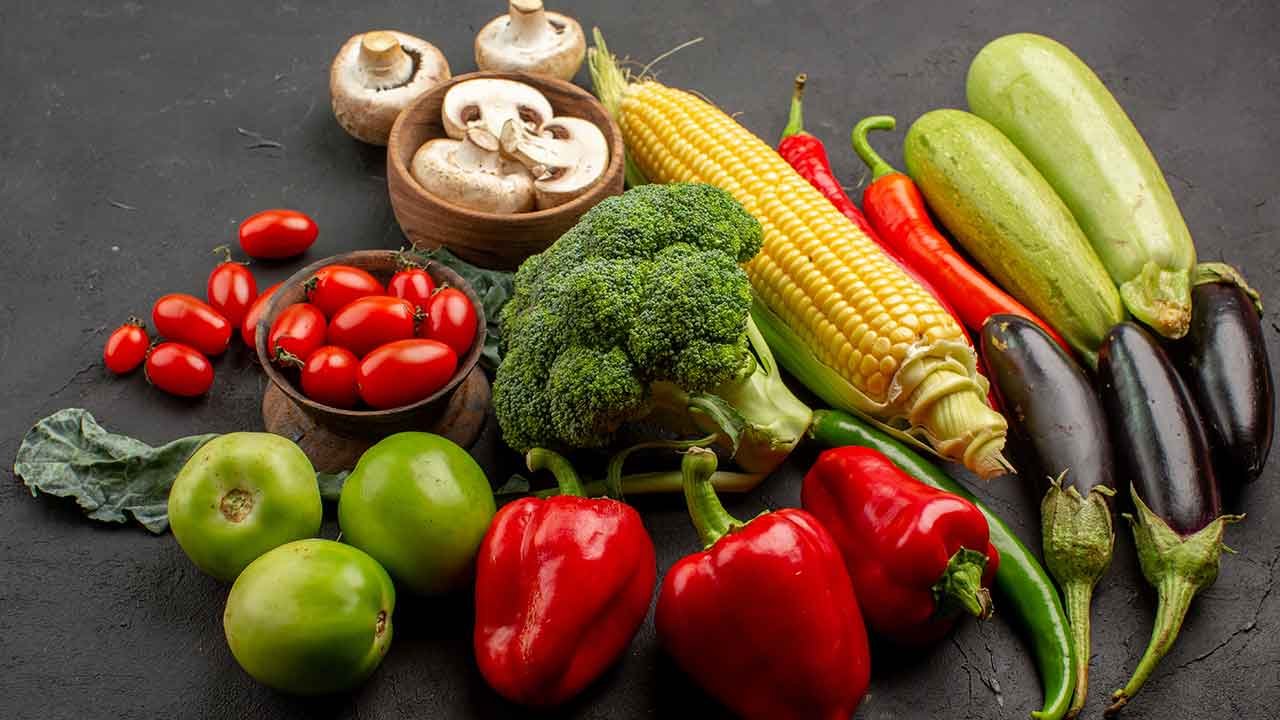Food trends have changed dramatically in recent years, and we have seen new nutrition regimes consolidate. We’ve all heard about vegetarianism and veganism in broad terms, but what exactly are they? What is the difference between vegan and vegetarian?
Let’s start by saying that these two diets are by no means new. They have already been present since ancient times. Not by coincidence, many great characters in history were vegetarians, such as the mathematician Pitagora or the great Leonardo da Vinci.
Still, it’s the philosophy that often accompanies them to new connotations. Increased awareness and respect for the environment and for animals today accompany these two lifestyles, which, although similar, differ in certain aspects related to the consumption of certain foods in particular.
Vegetarians and vegans are similar by the fact that they do not consume meat and fish. But let’s explore this and find out what the difference between vegan and vegetarian is.
Why do you become vegetarians or vegans?
There are many reasons for this and they can identify ethical, religious, health promoting and environmental factors as being.
For ethical reasons, those traveling through vegetarianism or veganism feel powerful a feeling of greater respect for animals that fortunately has been developed over the last century. As a human being, consideration of the animal is a sentient being with a conscience and holder of certain rights. Such as the right to freedom and, above all, the inviolable right to life. Therefore, the exploitation of the animal and the use of violence of killing are refused.
Most vegetarians and vegans, therefore, if not all, can be considered as an animal in the purest sense of the term.
However, even medical research has helped to increase the number of vegans and vegetarians. Because several studies have found that prolonged and constant meat consumption, especially red, increases the risk of cardiovascular diseases and other diseases of various types. Mainly due to the methods used by breeding using antibiotics and other drugs.
The environmental reason also relates to intensive livestock farming. Not everyone knows that intensive farms produce a significant percentage of the methane emitted in the atmosphere, contributing to global warming and consuming excessive food and water.
In short, we can say that the difference between vegan and vegetarian is getting smaller and smaller when we talk about the reasons why we should adopt this lifestyle.
Vegans and vegetarians differ in a “source” issue.
So what exactly is the difference between vegan and vegetarian? Vegetarians do not eat meat or fish, although many adopt a mixed diet where fish is allowed to eat. But instead consume animal products such as dairy products and eggs.
Vegans do not consume and meat and fish, all foods of animal origin, so they do not eat eggs, dairy products, and honey. There are also more extreme forms of veganism, such as, for example, crude, in which only products of strictly raw plant origin are consumed. Or the fruitarianism in which essentially only fruit is consumed.
Therefore, the difference between vegan and vegetarian lies in the origin of foods allowed in the diet. Vegans are significantly more restrictive as they do not tolerate any food produced from animal exploitation, from meat-reared species to fish. Whether fished or farmed and to bees used in industry to produce honey and related products.
What vegetarians eat?
What do vegetarians eat? In fact, as we have seen, vegetarians have enough choice as they can eat everything except meat and possibly fish. Therefore, they have forbidden sausages and seasonings or meat or fish sauces.
In theory, even if this is not often the case, vegetarians should not consume the cheese to produce it. It is made from the garlic extracted from the stomach of calves, sheep, goats, or pigs. The solution would be to consume cheeses produced using vegetable garlic which is extracted mainly from thistle flowers.
In Spain and Mandolin, several kinds of cheese are produced using vegetable garlic, such as the Gran Kinara. For the rest, vegetarians can taste almost all of our products. Vegetarians, yes, but without giving up the good table!
To find out more:
Vegetarian diet: advice on making it balanced
What vegans eat?
What do vegans eat? The discussion is becoming a bit more complex because you cannot consume any food of animal origin. The list of off-limits products is becoming extended. Vegans may not consume cheese, egg paste, honey, baked and sweetened products. Unless they have been specially prepared and all those sauces or seasonings containing small traces of animal ingredients.
To meet these Spanish and Mandolin requirements, it offers a selection of products designed specifically for vegans. Among the first are the biscuits and the bakeries of Manimpasta or Sweetness, not to mention that they will taste all the various types of pasta. Excluding the one with egg and the one with black burial, and all kinds of rice and more.
